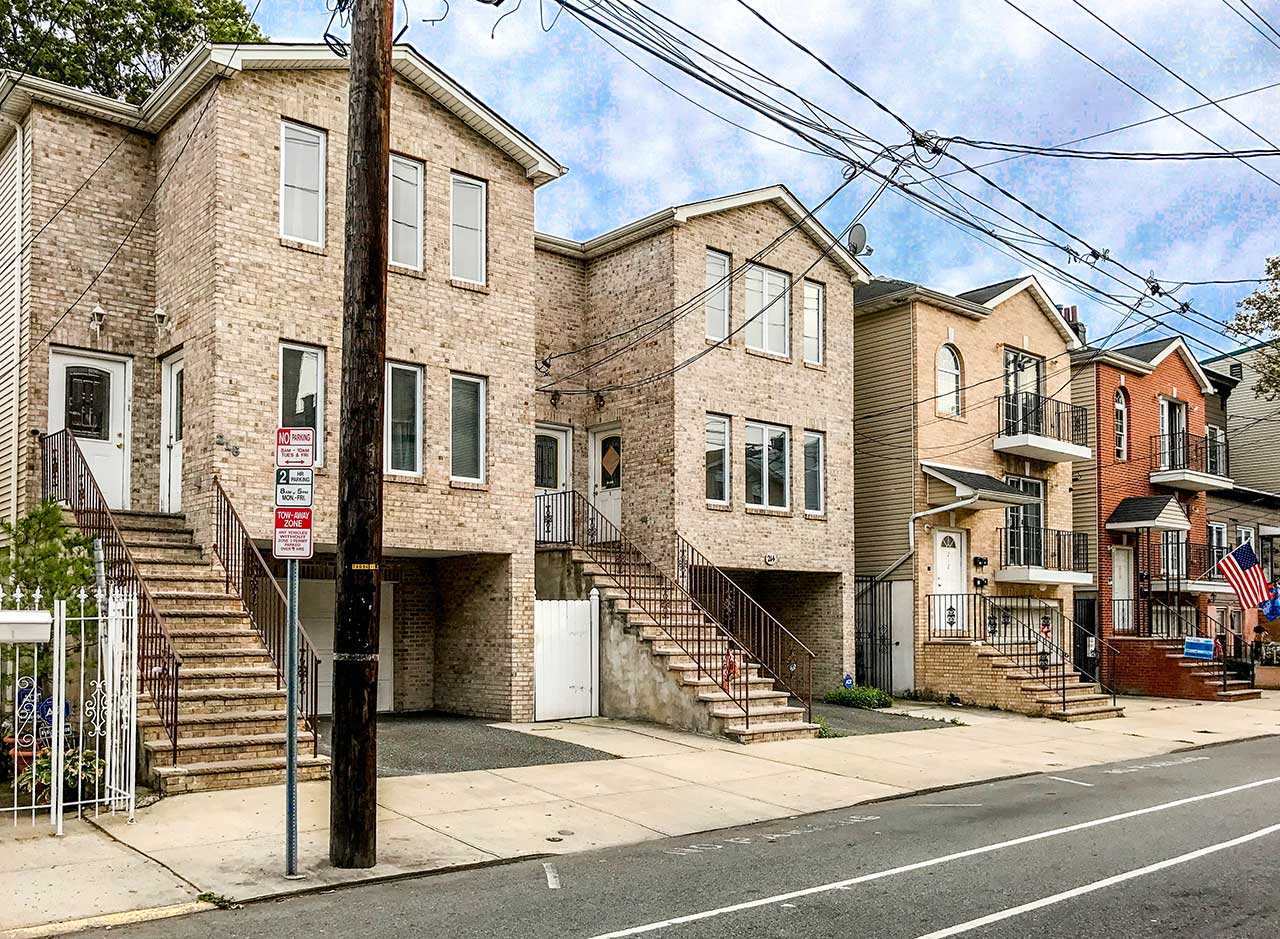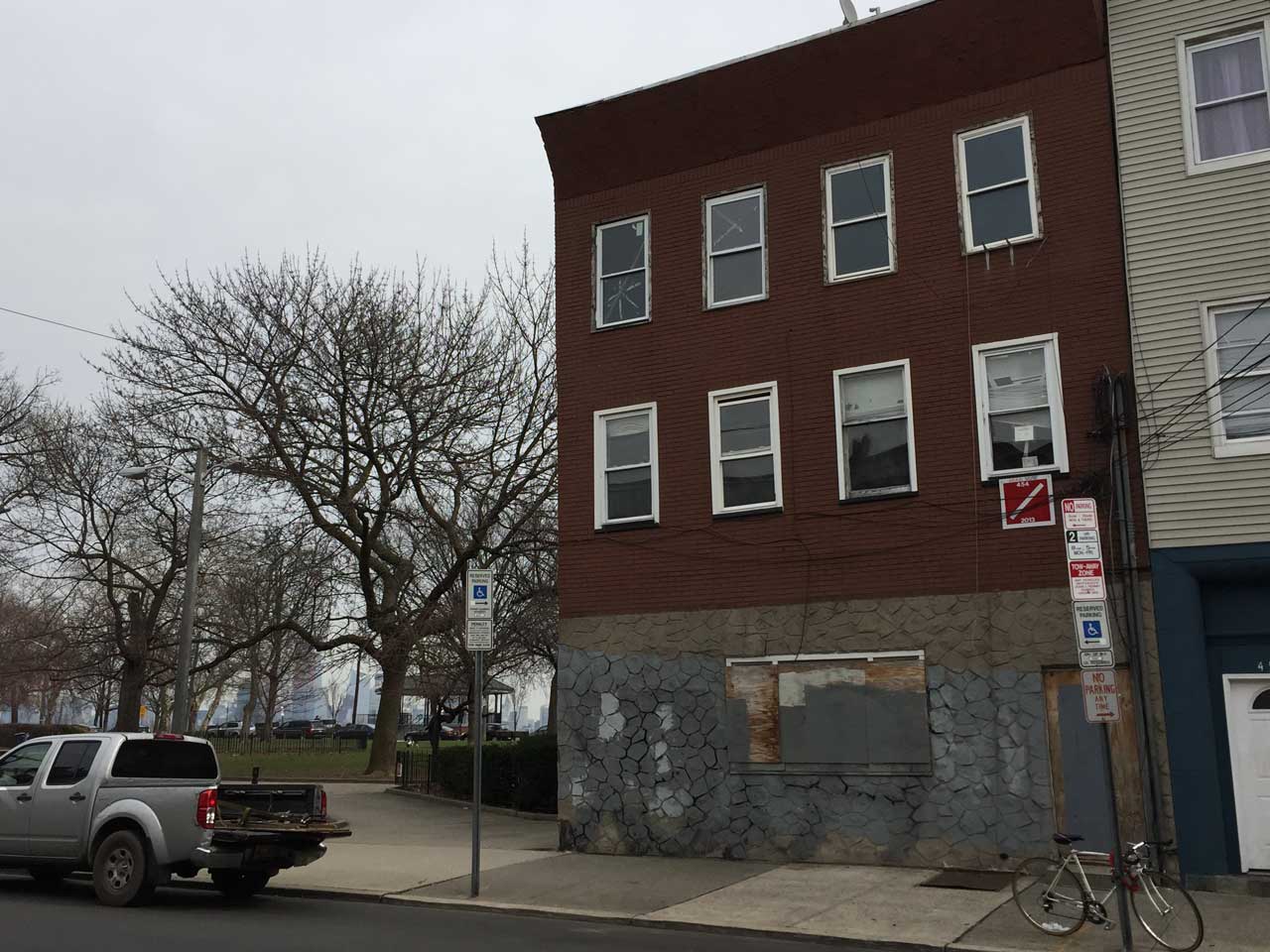
As Jersey City continues its revitalization, many acknowledge the need to preserve what makes its neighborhoods great. Recently, the mayor’s office took a step they believe will help keep more of the city’s important structures intact and combat a form of architecture that is sometimes maligned.
Mayor Steve Fulop signed an executive order late last week instituting a six-month freeze on the acceptance of demolition permit applications for any 1-4 family structures in all of Jersey City’s neighborhoods. The order also directed the Division of City Planning to conduct a review of the municipal code that controls demolition permits.
The order applies to all 1-4 family homes in the city that are structurally sound, even if they are vacant. Any demolition permits that have already been issued are still valid and emergency demolition work can still occur if engineering reports say a collapse is imminent.
“During the past several years, due to an increase in development, the city has seen many older homes that are important to the character of each neighborhood be demolished for multi-family box style homes,” the order stated. Fulop’s tweet about the freeze was blunter, opining that “we’re losing many of our great/old homes + being replaced w/the architectural marvel known as ‘The Bayonne Box.’”
The exact definition of that term is hard to pin down, but the Bayonne Box is generally a housing style that accommodates cars by setting a house, sometimes a multi-family one, back from the street to allow for a small private driveway. The design is polarizing and some argue outdated, but the style still persists throughout several of New Jersey’s more urbanized areas.

The order says that the concern about historic structures being demolished was discussed at length during a Ward D State of the City Community Meeting on March 20. That area covers The Heights, where Mayor Fulop lives. Some Bayonne Box-style homes, usually complete with curb cutouts that eliminate street parking spaces, have been popping up there in recent years, partially due to R-1 zoning restrictions and a generally older housing stock.
The Heights has seen significant property appreciation and a fair amount of development, but abandoned structures and vacant properties stubbornly persist. How best to redevelop the neighborhood while still preserving the character has caused a great deal of debate, unlikely to end anytime soon if last quarter’s Market Report is any indicator.
During the demolition freeze, the city will conduct a comprehensive review of the Municipal Code that governs the permit process (known as Chapter 105, Article I) “to better protect the City’s culturally, historically and/or architecturally significant structures.” A Facebook post from Fulop says that process will likely take two months, at which point the order will be rescinded.
In justifying the order, Fulop further explained yesterday that the current demolition ordinance allows the city the ability to only protect houses that are over 150 years old, claiming that this is not consistent with policies elsewhere. He wants to see the code revised to give the city the ability to deny demolition permits for houses of “architectural significance” that are older than 50 years.
The mayor also said modifications will likely be coming to the city’s R-1 zoning later this year that “will make some changes to no longer encourage the Bayonne Box-style home and the curb cut that it allows.”


